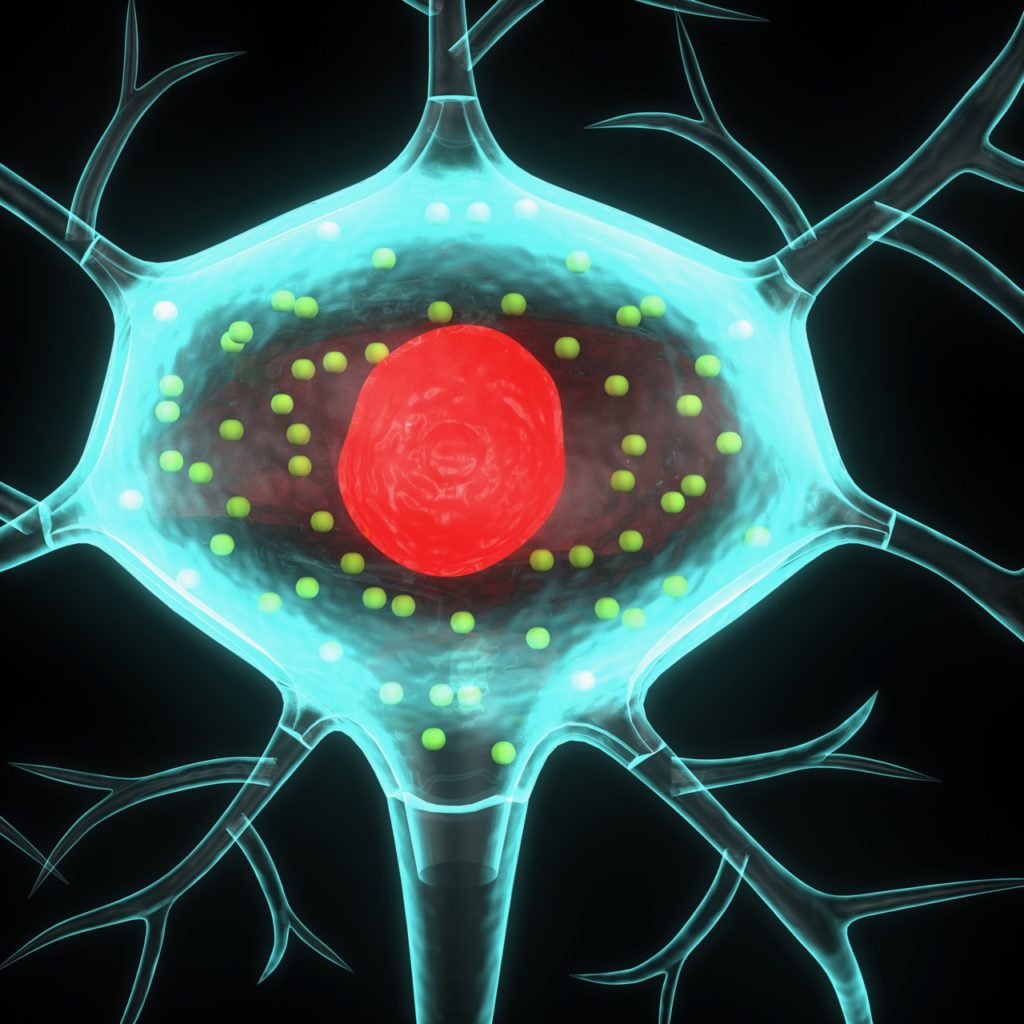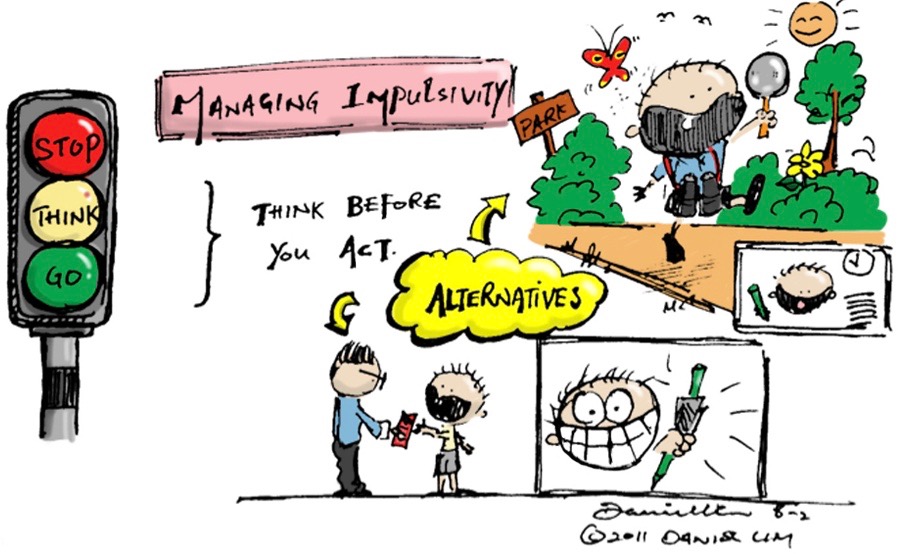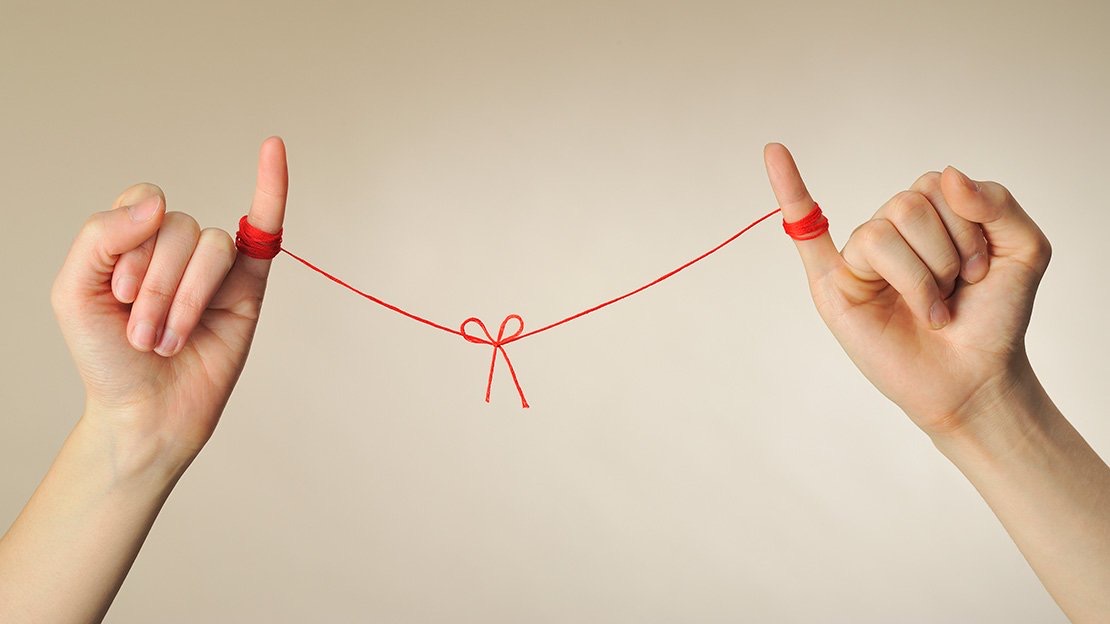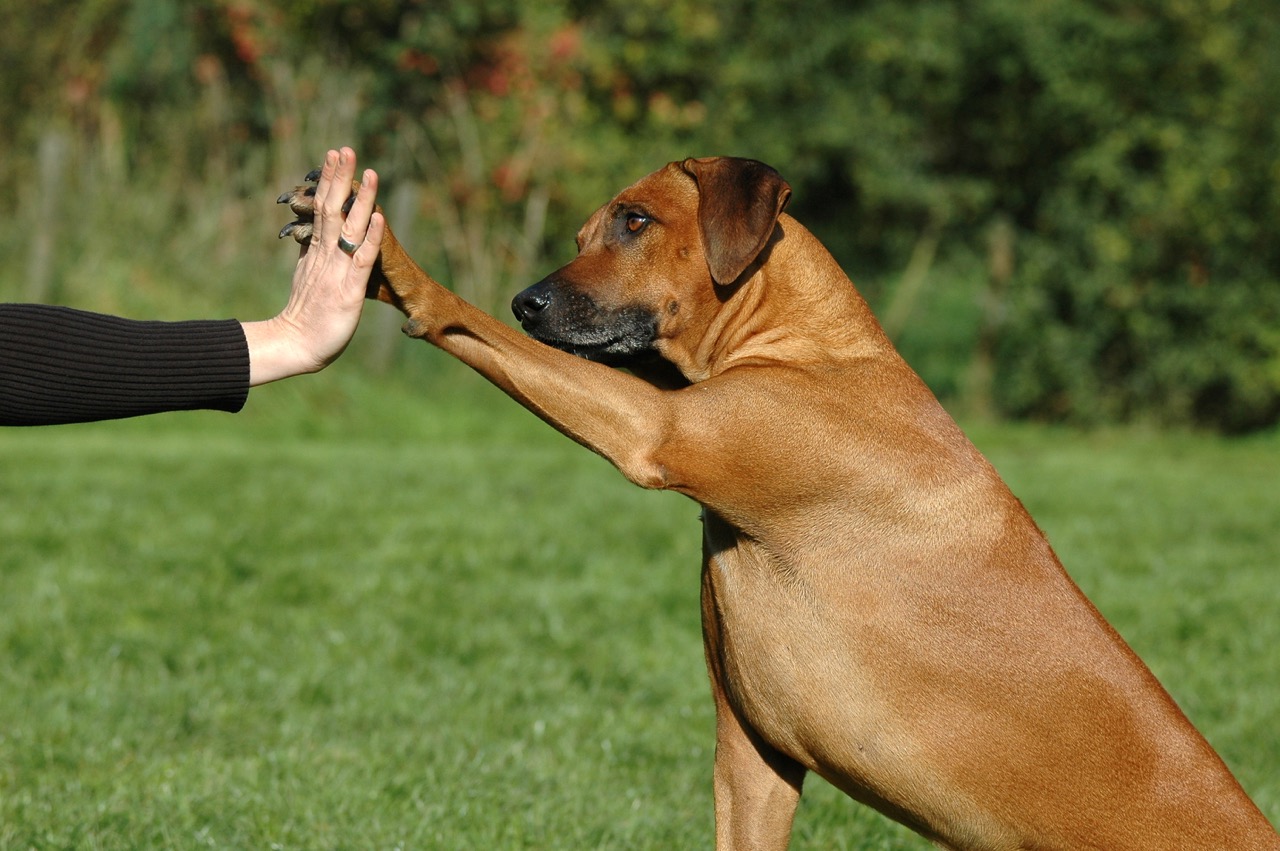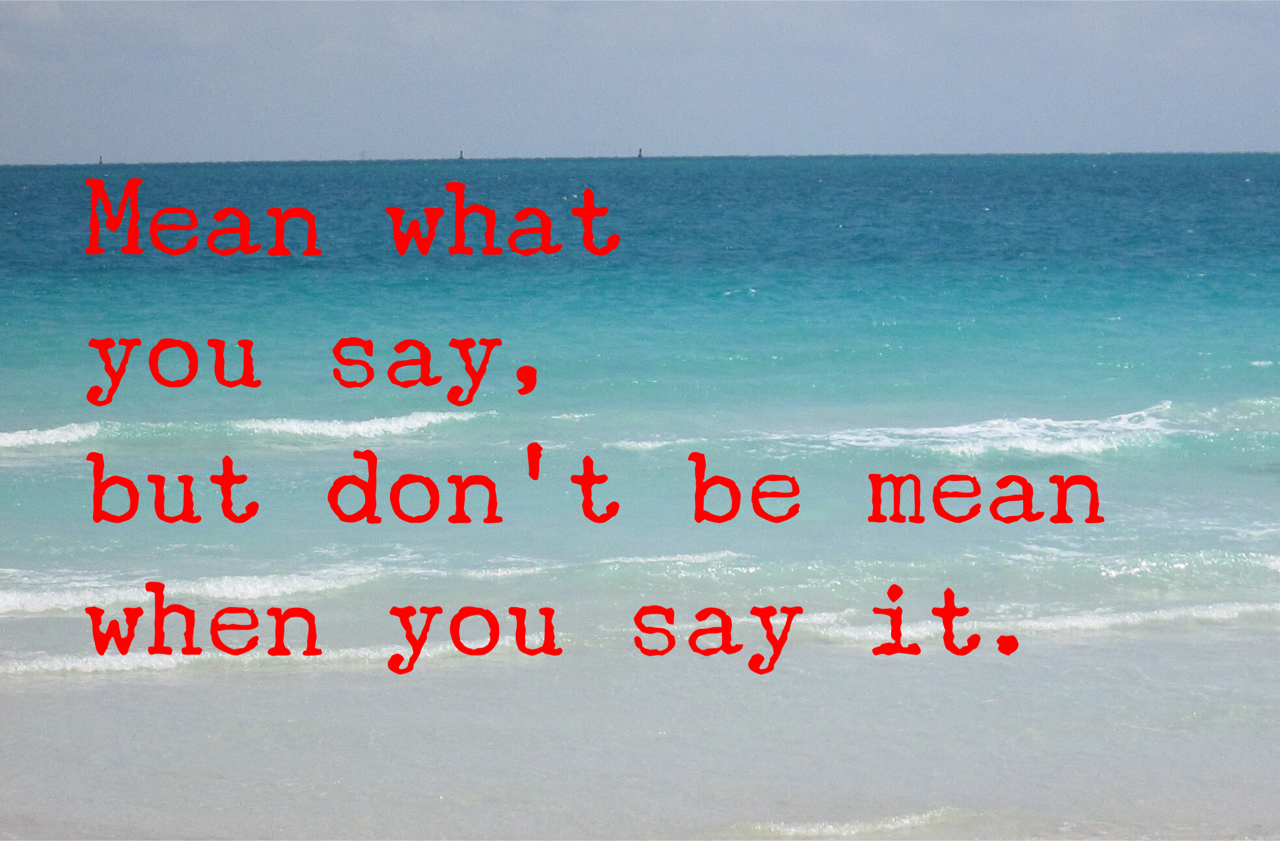I’ve just read the new book, “Tribe: On Homecoming and Belonging,” by Sebastian Junger.
It’s about the idea that much of what’s so difficult for combat veterans transitioning back home is the loss of the daily community of platoon life.
Junger, a war correspondent, is familiar with the terror and horror of war. Yet, he observes, troops fighting for their lives – and their friends’ lives – creates a shared sense of purpose that’s life affirming. Their communal experience engenders a profound sense of belonging that we don’t have in Western society.
It’s beyond ironic that something so deeply good can come from something so impossibly bad. Yet, it’s true. You can see the same sense of unity in communities after a natural disaster: the uplifting spirit that arises when people join together to help each other.
I’m so grateful Junger wrote the book, because I believe so strongly in the healing power of community.
I absolutely thrive in communities of like-minded people. I also thrive in groups of strangers who may share nothing more than being in the same boat. Whatever boat that is.
Personal experience of community
I remember looking at the individuals at the first Narcotics Anonymous meeting I went to. Nobody looked like anybody I would want to know in regular life. My judgmental little mind couldn’t imagine that anybody there would have anything to say that would interest me.
And then this big guy shared. As he spoke, he totally transformed before my eyes. His words were insightful, sensitive, thoughtful, compassionate. I could not believe they were coming out of a person I wouldn’t have looked at twice on the street. The same thing happened that night with every person who spoke. To me, their words were humble, loving, strong, and often hilariously funny. I was so blown away by what each of them said, I couldn’t believe the whole thing wasn’t scripted by a screenwriter. I found them profound in their simplicity and emotion. My heart opened wide and my mind was blown. And I definitely felt way less alone with my problem.
Meetings from then on became for me as soothing as sitting in a warm tub. I switched to AA after a while because I became friends with a woman who was a member. I’ve made the closest friends in meetings from Boston, to NYC, to L.A., to Paris, and, to my favorite recovery community of all, South Beach, Miami. (Hi guys!) I don’t mean I want to develop a close friendship with everybody in every meeting. Of course I don’t. But I still get something positive out of what almost everybody says.
 The magic in community
The magic in community
The magic is in the coming together to focus on a shared issue or problem. I know it first hand: the joyous and empowering sense of belonging that results when people share their experience, strength, and hope on a common issue.
I loved Junger’s book, because he validates this most potent of healing experiences.
I wish that there were as many mental health clubs out there as there are workout clubs.
When I hear about the isolation and depression of veterans transitioning back to American life, I die wishing that community groups were as widespread as coffee shops. I wish they were a fixture in our society – accepted as cool, not fringe, or weak, or hard to find. I wish they existed all over the place for all the depressed kids who fantasize about going on shooting sprees, and for the ones who have. I wish they existed without any stigma for suicidal kids and adults, and for all the drug users. I wish they were everywhere like health clubs are. And as cheap (or free) as Planet Fitness.
Somehow, we’ve got to find ways to create these places.
Awareness is the first step, right?
So, we start with what we have, where we are.
Ways to build Community
Find your “third place”
The third place refers to someplace you can go to regularly that’s not work or home. For me, it’s easy: I’m a café lover. I always have a café I can drop into and shoot the breeze with a bunch of friends and acquaintances. I see them day in and day out. I know them and they know me. I love that: being held in the minds of a group of people. I think of them when I’m not there and imagine good things happening for them (even just the acquaintances).
Really listen and take in what people are saying
We’re so busy so much of the time. Or we’re bubbling over with a such a strong need to tell our story, we don’t really listen to the other person. Some psychology professionals consider giving your attention to another to be a genuine act of love. I think of it that way. Needing to be heard and acknowledged is a basic human need, and a good way to build community. Practice being present and listening, really listening, to what the other guys is saying.
Deepen your small talk with an acquaintance if it seems safe
Small talk is fun, it’s good, and I love it. But I also keep an eye out for an opening when I might reveal something deeper about myself or experience. It’s liberating for others to hear what another person is tackling. Often, this level of realness uplifts the other person. Western society expects us to put on a happy face. But people need to acknowledge emotionally challenging issues. Sharing a problem with a safe friend, or even a new friend, can change my head in a few minutes. I can go from feeling isolated and lost, to empowered and renewed, after talking about a difficult issue. I don’t mean talking about being a victim, or complaining negatively about your bad life. That doesn’t help me. But having someone share their feelings about the issues they’re working through – or me mine – can buoy me and fortify me emotionally.
If you remotely qualify for any 12-Step program, TRY SOME!
Man, 12-Step programs can be a hard sell. But, if you remotely qualify for any of them – do yourself a favor and check some meetings out. You don’t have to say a word to anyone if you don’t want to. There are no bosses or rules. If you’re not having some kind of addiction issue, but grew up with dysfunction or live or work with it, you might try Alanon. All meetings are different – so check out a few before deciding if they’re good for you or not. If you feel self-conscious going, pretend you’re a reporter covering the issue!
Seek out a Meet Up group on something you love
Go to Meetup.com, and see if there are any groups on subjects you like or want to know more about. It’s so much fun to have fun… or learn or share interests with others.
Consider a church
I know people who don’t have a particular belief in a God, but go to church for the community. This is a no brainer, but organized religion has turned a lot of people off in the past, including me. Still, I’m now absolutely sure that there are dogma-free churches with great communities. Maybe you can find one.
Pick up the phone and make that call
Man, do I have a hard time calling people. I don’t know why. I’m shyish I guess. Or afraid someone is going to demand something of me that I don’t want to give. Or, maybe I’m afraid I can’t handle the other person’s pain. I don’t know. But, I’m working on it. After I call my older Aunt, I feel so good!
Volunteer somewhere if you can
An old friend is newly volunteering at a substance abuse help center and just loves it. It’s totally changed her life. She’s just so fulfilled by it. And she’s someone who has a big family she’s very involved with. But this work is another thing. Volunteermatch.com is a great website for helping you shop for a volunteer position in your area.
RESOURCES:
Here’s an overview of the well-regarded psychologist Abraham Maslow’s hierarchy of human needs. It puts the need for belongingness just after the needs for food, shelter, and safety.

